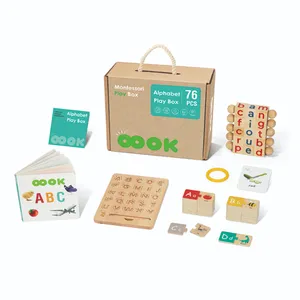Giới thiệu về học guitar
Alibaba.com cung cấp các sản phẩm 932 học guitar. Có rất nhiều học guitar lựa chọn dành cho bạn, chẳng hạn như kim loại, silicone, và nhựa. Bạn cũng có thể chọn từ đen, trắng, và màu đỏ học guitar. Cũng như từ 3 học guitar. Và bất kể học guitar là guitar, violon.












